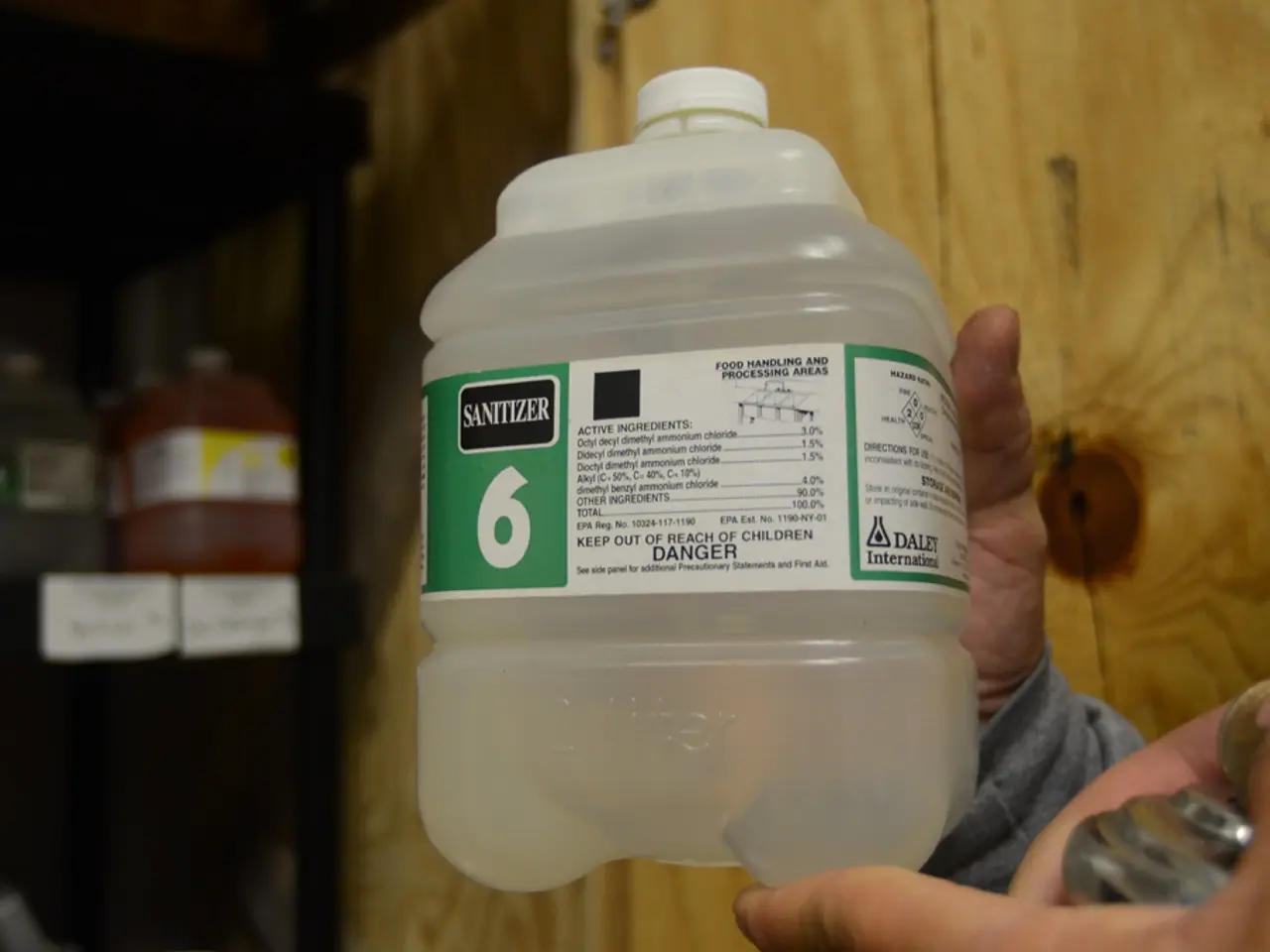Understanding a parasite cleanse: Its purpose and effectiveness
In the realm of health and wellness, commercial parasite cleanses have gained popularity as a means to target parasitic infections. These cleanse regimens, often incorporating herbal supplements like wormwood, black walnut, and clove, aim to naturally rid the body of parasites. However, it is important to note that the effectiveness of these products in humans is not well-established by scientific research.
For instance, herbal remedies such as wormwood have shown promise in animal studies, demonstrating the ability to paralyze and kill the intestinal tapeworm *Hymenolepis nana* in mice. Yet, there is no conclusive evidence from human trials to confirm that wormwood or similar herbs can treat parasitic infections effectively in humans.
Many commercial parasite cleanses combine herbal supplements with dietary changes and probiotics to restore gut health and support the immune system. These naturopathic strategies aim to create a hostile environment for parasites and improve overall wellness. However, it is crucial to remember that such practices should be supervised by qualified practitioners to ensure safety and correct dosing.
In contrast, standard medical treatment for diagnosed parasitic infections typically involves antiparasitic medications such as albendazole, mebendazole, or praziquantel. These drugs are proven to effectively eliminate parasites and are considered the first-line treatment, especially in severe or confirmed cases.
It is essential to stress that a commercial parasite cleanse lacks rigorous clinical evidence proving its effectiveness in humans. While some herbs used may have antiparasitic properties demonstrated in animals or historical use, professional medical diagnosis and treatment with approved antiparasitic drugs remain the most reliable approach.
Herbal and dietary cleanses may serve as complementary supportive measures, but they should not replace evidence-based medical therapy. If a person suspects they may have a parasitic infection, they should avoid attempting to treat the issue themselves and contact a doctor instead.
Parasitic conditions such as Chagas disease, cyclosporiasis, cysticercosis, toxocariasis, toxoplasmosis, and trichomoniasis are health concerns in the United States. Symptoms of these conditions can range from watery diarrhea and frequent bowel movements (in the case of cyclosporiasis) to flu-like symptoms and muscle aches (as seen with toxoplasmosis).
Some parasite-cleansing diets ask the person to avoid specific types of foods, such as gluten, dairy, or pork. These diets may also recommend cleansing the body by avoiding greasy, processed foods and eating natural, whole foods.
In conclusion, while commercial parasite cleanses may offer some benefits in terms of dietary changes and improved gut health, they should not be relied upon as a primary means of treating parasitic infections. Instead, individuals should consult with their doctors for professional medical diagnosis and treatment, especially if they suspect they may have a parasitic infection.
- Type-specific parasitic infections, such as Chagas disease, cyclosporiasis, cysticercosis, toxocariasis, toxoplasmosis, and trichomoniasis, are significant medical-conditions in the United States.
- Wormwood has exhibited promise in animal studies for its ability to paralyze and kill the intestinal tapeworm Hymenolepis nana in mice, but there is no proven evidence from human trials to confirm its effectiveness in humans against parasitic infections.
- Commercial parasite cleanses often combine herbal supplements with dietary changes and probiotics to address parasitic infections, aiming at restoring gut health and boosting the immune system.
- The standard medical treatment for diagnosed parasitic infections typically entails antiparasitic medications like albendazole, mebendazole, or praziquantel, which are approved and proven to effectively eliminate parasites.
- There is a lack of rigorous clinical evidence proving the efficacy of commercial parasite cleanses in humans, making professional medical diagnosis and treatment with approved antiparasitic drugs the most reliable approach.
- If a person suspects they may have a parasitic infection, they should avoid attempting to treat it themselves and seek help from a doctor instead.
- Some parasite-cleansing diets may suggest avoiding specific foods like gluten, dairy, or pork and eating natural, whole foods to cleanse the body and promote health and wellness.
- Symbolizing the focus on health and wellness, many people have embraced fitness-and-exercise, nutrition, and lifestyle modifications to maintain and improve their overall well-being.
- While CBD, a popular compound derived from cannabis and hailed for its potential therapeutic benefits, shows promise for conditions like depression, multiple sclerosis, diabetes, psoriasis, and arthritis, scientific research is still ongoing to confirm its predictive effects and recommended dosages for these medical-conditions.




